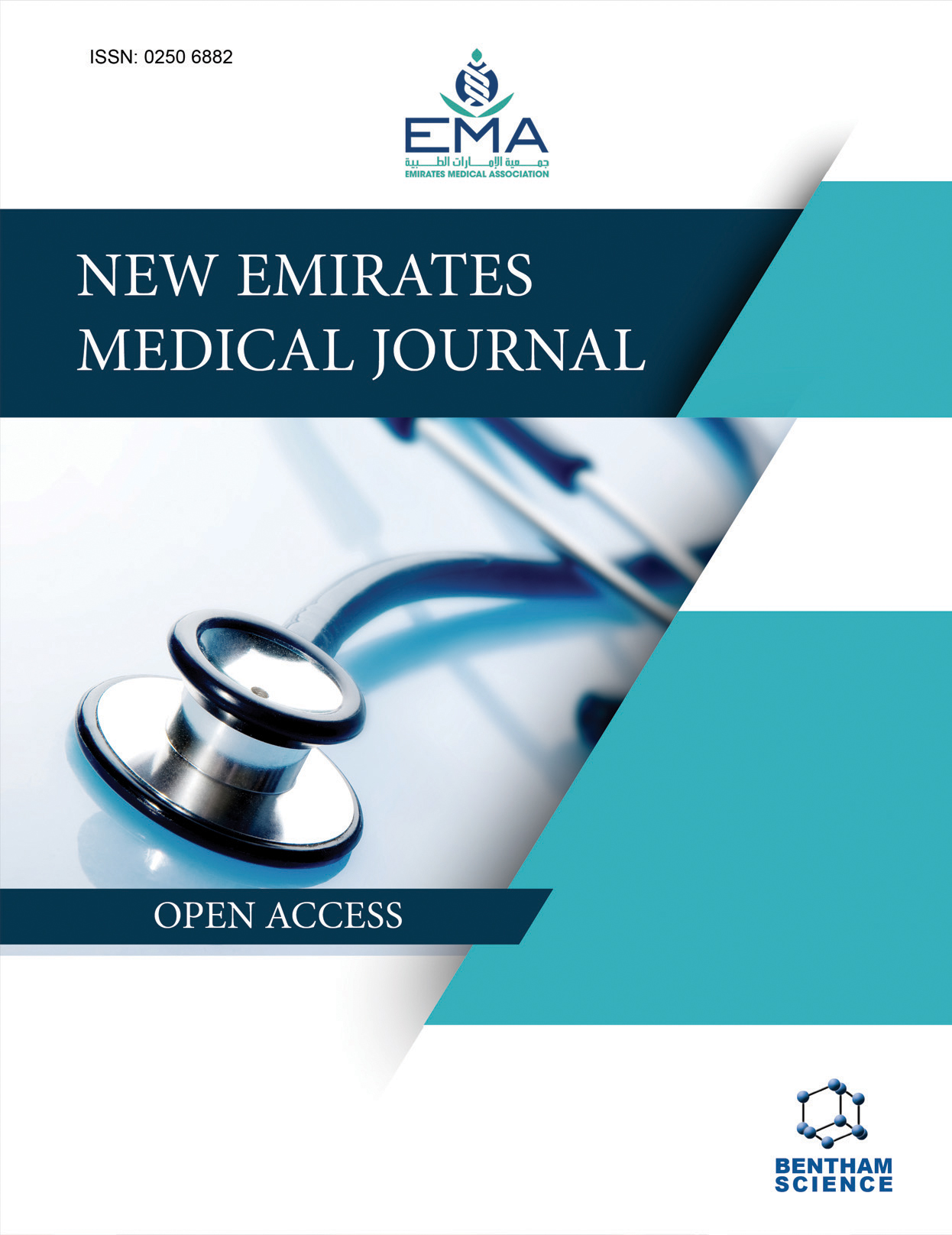
-
oa Exploring the Lived Experiences of Clinical Educators: Challenges, Motivations, and Future Perspectives
-
-
- 28 Jul 2024
- 12 Nov 2024
- 13 Dec 2024
Abstract
This study examines the factors contributing to the shortage of medical doctors teaching medical students despite their crucial role in training the future medical workforce.
To analyze the factors behind the lack of medical doctors in the training of medical students, we used ‘phenomenology’ to understand clinical educators' lived experiences and their constructed meanings. Within the domain of phenomenology, we applied hermeneutic (interpretive) phenomenology. The experiences of eight clinical educators at the Gulf Medical University were explored through interviews and analyzed using Interpretative Phenomenological Analysis (IPA) and Socio-Cognitive Career Theory (SCCT).
The findings revealed that entry into medical education often occurred serendipitously due to inadequate career counseling and the undervaluation of the field. Acquiring a postgraduate medical education qualification in medical education enhanced one’s professional life and fostered a sense of identity as a clinical educator. Key motivators included a passion for the field, student interaction, support from colleagues, and an encouraging working environment. Clinical educators faced challenges, such as the field's low value, vague professional identity, delays in promotion, specifically in UAE, low income, and insufficient dedicated teaching time. Coping strategies involved cultivating a positive work environment and maintaining optimism. Growing awareness and a positive outlook for medical education were noted.
This study uncovered the underlying issues faced by clinical educators through their lived experiences. To change the status quo, we propose facilitating medical students and young doctors in joining this field early in their careers through strong career counseling and advocating clear entry and progression pathways. Young medical educators should be facilitated by providing an encouraging environment, acknowledging their medical education-related qualifications, and improving remuneration.


